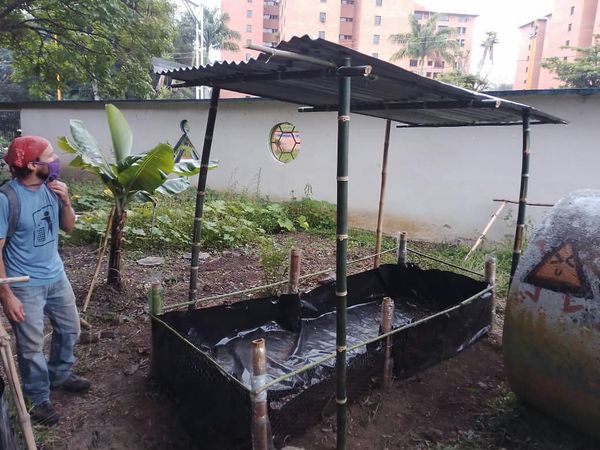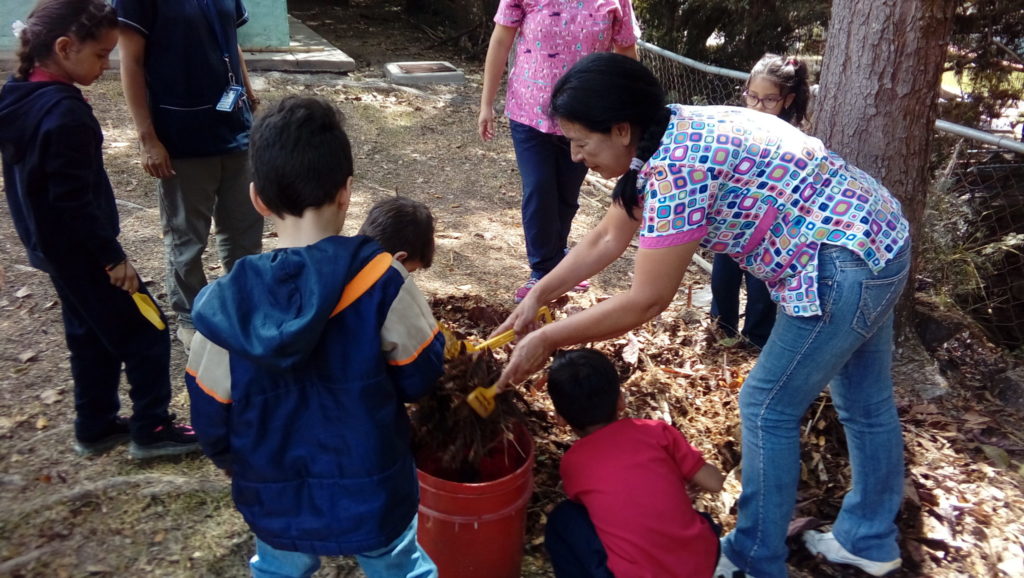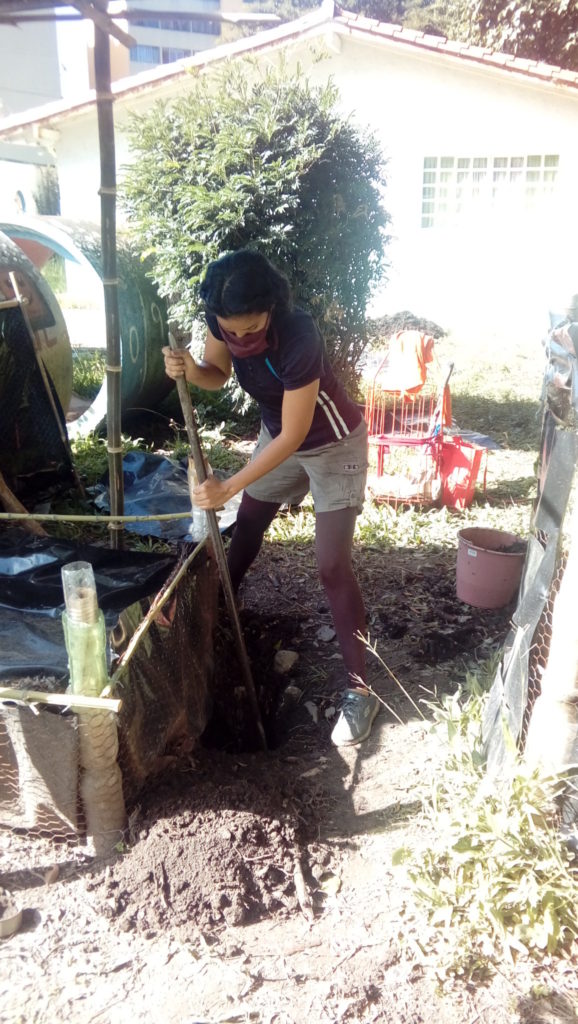We seek to contribute to the reduction of garbage on the streets and the increase in soil fertility. To carry out this purpose we hope to do the following:
- Provide help to those who wish to start family and / or community composting zones.
- Collaborate with labor during the construction process.
- Promote workshops about the composting process.
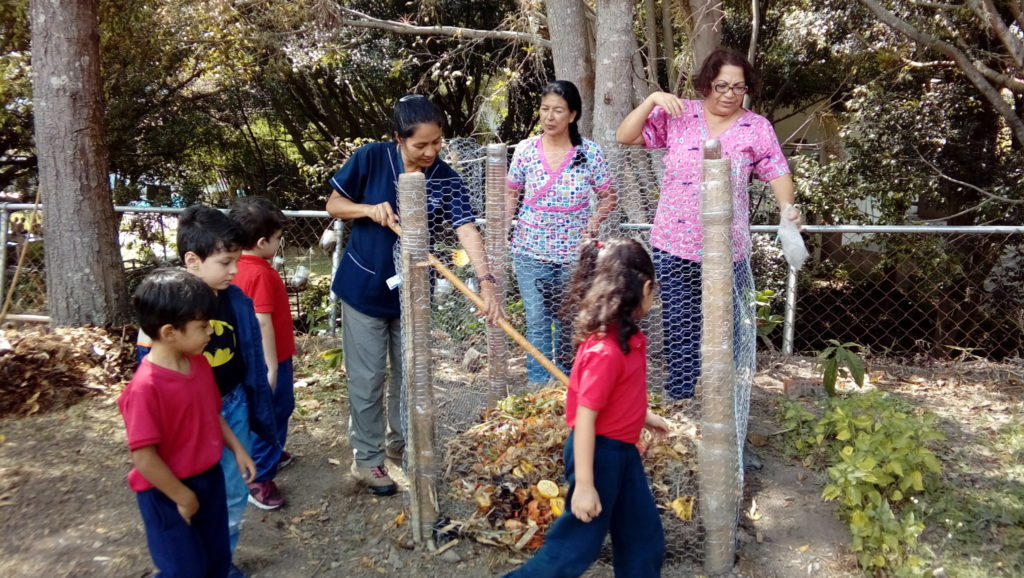
What problems do we seek to face through this program?
Through this program, the aim is to face the problems related to the unhealthiness generated by garbage in the streets and the infertility of the soil.
According to the non-governmental organization VITALIS, “garbage became the third Venezuelan environmental problem in 2016, due to poor management systems that have failed to reduce the amount of waste and waste produced by Venezuelans.” Venezuela not only does not have adequate treatment systems but also the situation in the country has led to failures in the garbage collection service which causes it to end up many times in the streets of our cities, putting health at risk. Garbage in the streets generates bad smells and proliferation of flies turning our environment into dirty and neglected cities. In cities like Maracaibo and San Francisco, the accumulation of garbage has even generated outbreaks of vomiting and diarrhea, says the polyclinic infectologist Luis Razetti del Zulia, Florenzo Cudde. The doctor explains that these diseases “are affecting children and adults and are caused by an” enterovirus “caused by the proliferation of flies that surround the large concentrations of waste in the city,” according to a report published by the newspaper Panorama.
By throwing our waste into the streets, not only is unhealthiness increased, but we lose the opportunity to return to the earth what it gives us, we move away from returning its fertility back. Experts warn in a report made for the UN that the continuous degradation of soils (and loss of fertility would be one of the most important types of degradation) endangers food security, destroys biodiversity and aggravates global warming. According to FAO, soil degradation poses a growing threat to agricultural production. In fact there are already declines in yields, a very serious problem as well as those caused by other forms of environmental degradation. An example of this in Venezuela can be seen in the Guárico state where the management of monocultures and extensive livestock has brought various problems in soil fertility and incidence in the low quality of pastures, which in turn has influenced the low agricultural production in the region (see the guide: “The interactions of agroecology”). The French scientist Alexis Carrel, Nobel Prize in Medicine in 1912, explained how the soil is the basis for human life: “our only hope for a healthy world is the restoration of harmony in the soil that we have disrupted with agronomic modern methods. Our life – he said – will be healthy or sickly according to the fertility of the soil, since directly or indirectly, all food comes from the soil ”. But today, the soils are tired, over cultivated, exhausted, sick and poisoned by synthetic chemicals.
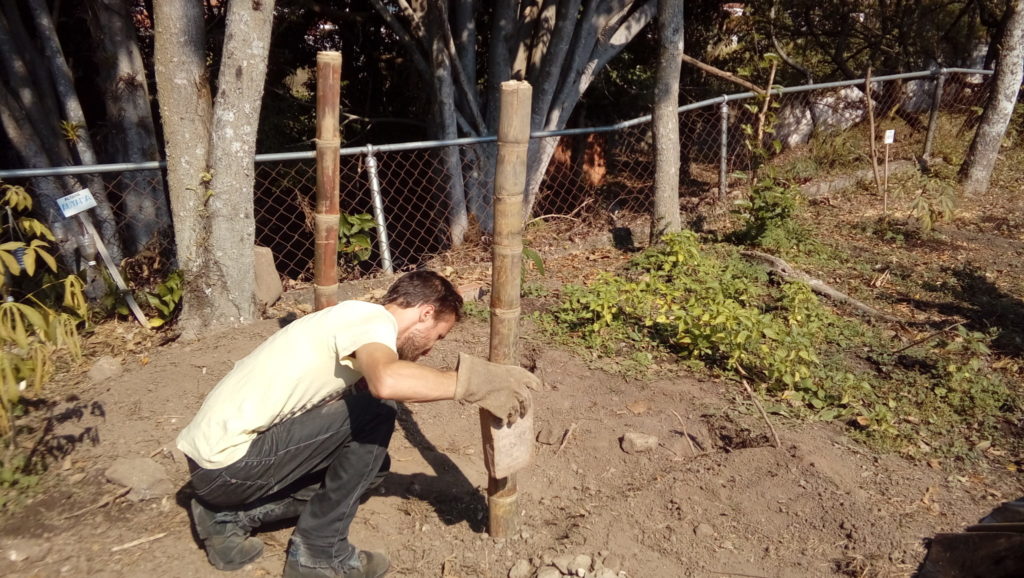
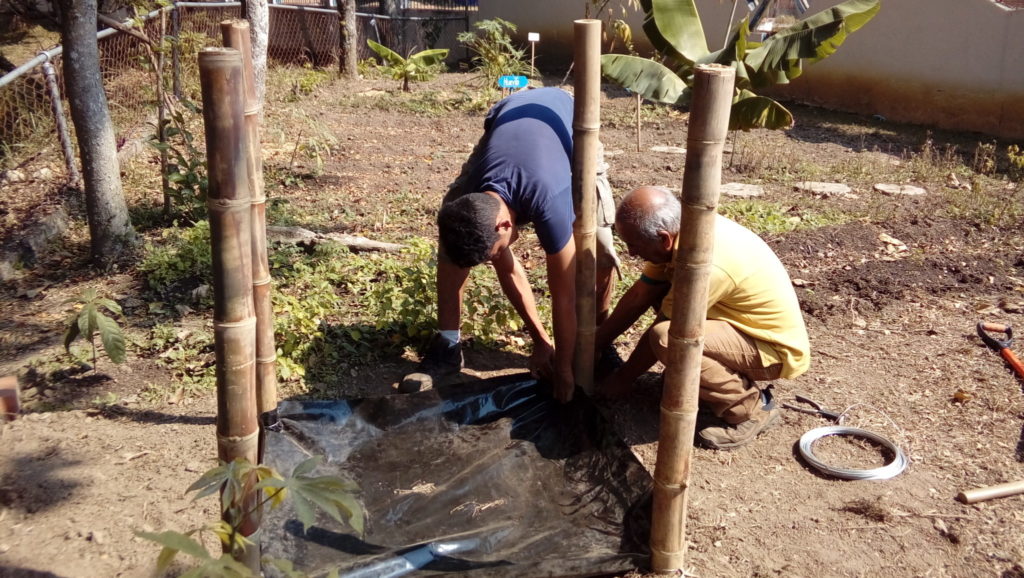
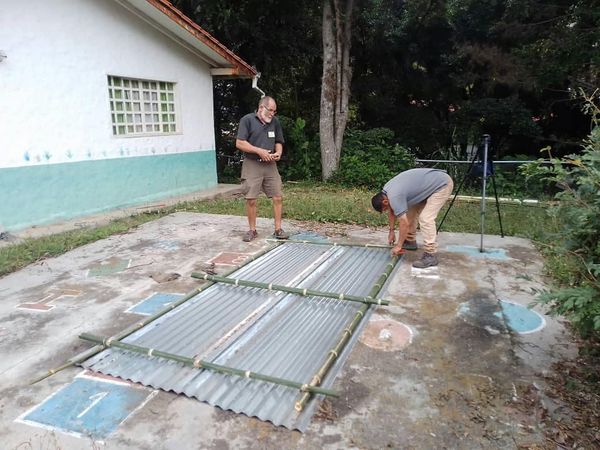
How can we face these problems?
Aware that structural changes are needed in the national waste management system, we are also aware of the need of raising awareness about what we can do with regard to the issue of waste, since much of what is thrown is of organic origin. This organic matter could be composted, that means, converted into fertilizer and returned to the soil.
Faced with these problems, rubbish in our streets and loss of soil fertility, we want to reverse the trend thanks to commitment and community work. It will be proposed to create community composting areas where the residents of the community can collect their organic waste and compost it, to gradually return it to the earth. Composting transforms our organic waste into fertilizer, so it is a key pillar for achieving food security and reducing the production of greenhouse gases.
Aware also of the problems linked to plastic in the world, we also seek to support organizations which work in favor of recycling, either by supporting to give more visibility to their projects or by accompanying them in their campaigns. We believe that if we do not have control over our own waste, it will be difficult to have control over our lives or what is happening in our communities. We therefore encourage composting and recycling.
